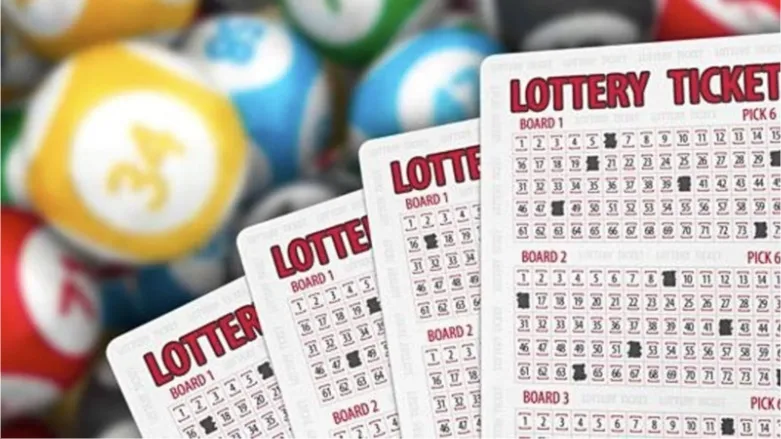Lotteries have been a part of human culture for centuries, playing a pivotal role in various societies worldwide. This article delves into the cultural significance of lotteries, exploring how they influence traditions and communities.
The Historical Roots of Lotteries
From ancient China to modern Europe, lotteries have served as a means to fund public projects, support charitable causes, and offer entertainment. The historical roots of lotteries can be traced back to the Han Dynasty in China, where the money raised helped build the Great Wall. Similarly, in the Roman Empire, lotteries were used to distribute gifts during festivities and were a common feature at dinner parties.
Lotteries as a Social Equalizer
One of the most fascinating aspects of lotteries is their role as a social equalizer. By providing an equal chance of winning to all participants, regardless of their socio-economic status, lotteries create a unique space where everyone can dream of sudden wealth. This element of randomness and hope appeals to a broad audience, fostering a sense of community and shared experience.
The Ritualistic Aspect of Lottery Participation
Participating in lotteries often becomes a ritualistic activity for many people. Whether it’s choosing the same numbers each week, pooling tickets with friends or family, or following superstitions, these rituals add a layer of cultural meaning to the activity. This ritualization helps strengthen social bonds and adds a level of excitement and anticipation to everyday life.
The Impact of Lotteries on Community Building
Lotteries also play a significant role in community building. Many local and national lotteries allocate a portion of their proceeds to community projects, including education, healthcare, and infrastructure. This redistribution of wealth helps fund vital community services and initiatives, fostering a sense of shared responsibility and community spirit.

The Ethical Considerations of Lottery Participation
While lotteries contribute positively to communities, they also raise ethical considerations. Critics argue that lotteries can be a form of regressive taxation, disproportionately affecting lower-income individuals. This raises questions about the balance between the positive impacts of lottery funding and the potential for encouraging gambling behaviors.
The Future of Lotteries in Modern Society
As society evolves, so too do the mechanisms and perceptions of lotteries. The rise of digital platforms has transformed how lotteries are conducted, making them more accessible than ever. However, this increased accessibility also requires more stringent regulations to protect vulnerable populations from potential exploitation. The future of lotteries will likely involve a continued balancing act between maintaining their cultural significance and ensuring ethical practices.